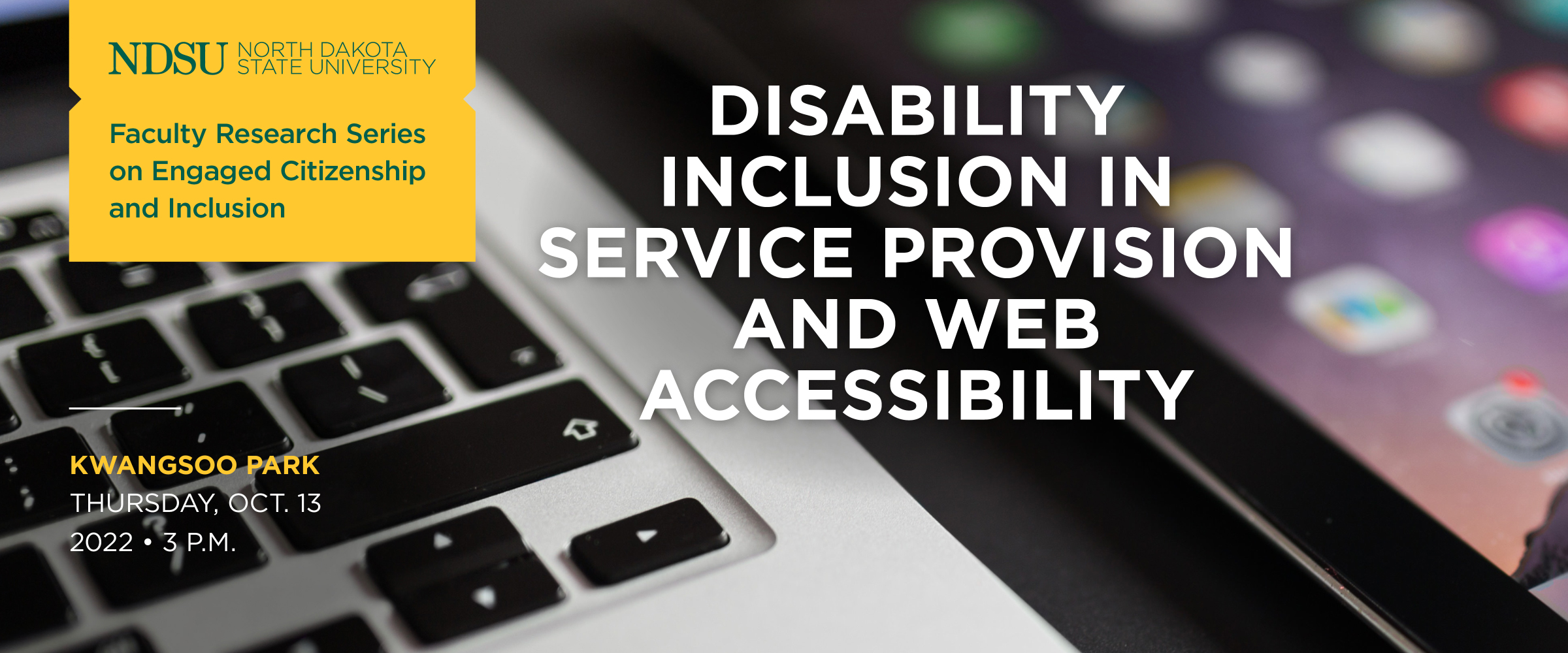Disability Inclusion in Service Provision and Web Accessibility
Abstract
This research examined the effect of human elements of service inclusion at a service encounter on the consumers’ perception and behavioral intentions. The results from an experiential design model indicate that an inclusive service environment for persons with disabilities elicits positive perception, attitude, and behavioral intentions by consumers without disabilities. There was a significant interaction between hospitableness and expertise. In high hospitableness condition, consumers without disabilities who observed a service employee with an expertise showed the higher degree of gratitude and favorable word of mouth than those who didn’t observe the expertise of the service employee. Especially, it is notable that expertise (i.e., disability etiquette) plays a significant role in eliciting higher degrees of evaluation and willingness to reward.


